There are a series of steps before you can work as a bonafide nurse in the United States. First, you must graduate from a recognized nursing program. Then, you must meet the various requirements set up by the state board of nursing so that you can apply for NCLEX. Lastly, you must pass NCSBN’s NCLEX exam for RNs, LPNs, or VNs.
Passing the NCLEX means you can practice nursing care safely. It also shows that you have the necessary knowledge, capabilities, and analysis to make critical decisions. Thus, NCLEX is different from your previous examinations.
How Many Questions Does NCLEX Have?
Typically, the NCLEX contains 75 questions minimum and 265 questions maximum in a standard exam year. However, because of the pandemic, the exam will still have a minimum of 75 but only 145 maximum items as of October 2020. Additionally, this NCLEX will include 15 pretest items, and test takers have five (5) hours to complete the exam.
Numerous NCLEX methods and procedures have changed as a result of COVID-19. Remember to abide by the new rules and social distance when taking the NCLEX in 2022.
How is Your Score Calculated?
The Computer Administrative Test (CAT) estimates candidates’ aptitude as they respond to each question. The test administration software then determines the next item’s content and its level of difficulty depending on the examiners’ prior responses.
The software ensures that the candidate has roughly a 50% probability of answering the following question correctly. Moreover, CAT can customize the exam to the abilities of the test-takers. This exam pattern continues until the computer can obtain a pass/fail verdict.
Please note that it is crucial to pace yourself throughout this exam since you won’t be able to view a question again after submitting your response. Moreover, repeating this procedure for each item results in a test customized to the student’s level of proficiency while still meeting all NCLEX test plan standards.
NCLEX Pass Rate for RN
The NCLEX pass rates for registered nurses are divided into four (4) categories. This classification includes first-time US NCLEX takers, repeat US NCLEX takers, First-time Internationally educated applicants, and repeat internationally educated candidates.
First-Time US Educated NCLEX Takers
• January to March – 51,057 (82.44%)
• April to June – 56,416 (82.19%)
• July to September – 58,883 (78.25%)
YTD Total: 166,356 (80.87%)
Repeat US Educated NCLEX Takers
• January to March – 12,779 (42.21%)
• April to June – 15,797 (39.63%)
• July to September – 20,195 (47.69%)
YTD Total: 48,771 (43.64%)
First-Time Internationally Educated NCLEX Takers
• January to March – 6,569 (46.64%)
• April to June – 8,016 (44.82%)
• July to September – 8,520 (43.09%)
YTD Total: 23,105 (44.70%)
Repeat Internationally Educated NCLEX Takers
• January to March – 5,245 (27.49%)
• April to June – 6,677 (27.45%)
• July to September – 7,264 (27.99%)
YTD Total: 19,186 (27.67%)
Overall Total: 257,418 (66.61%)
NCLEX Pass Rate for PN
The classifications of pass rate for practical nurses are the same as the registered nurses. They are the following:
First-Time US Educated NCLEX Takers
• January to March – 11,213 (82.16%)
• April to June – 10,304 (78.27%)
• July to September – 15,540 (81.10%)
YTD Total: 37,057 (80.63%)
Repeat US Educated NCLEX Takers
• January to March – 3,796(37.91%)
• April to June – 4,543 (32.20%)
• July to September – 4,156 (32.87%)
YTD Total: 12,495 (34.16%)
First-Time Internationally Educated NCLEX Takers
• January to March – 111 (48.65%)
• April to June – 99 (47.48%)
• July to September – 100 (47.00%)
YTD Total: 310 (47.74%)
Repeat Internationally Educated NCLEX Takers
• January to March – 135 (27.41%)
• April to June – 134 (17.91%)
• July to September – 146 (18.49%)
YTD Total: 415 (21.20%)
Overall Total: 50,277 (68.39%)
The Common Truth
The heartbreaking truth is that not everyone can pass the NCLEX. Even top and famous nursing schools don’t have a 100% passing rate. That is because the nature of CAT guarantees that each examinee’s test is different. So you have to be firm and ready for the final results.
NCSBN releases yearly and quarterly NCLEX pass rates. Remember that you are solely responsible for your ability to adequately prepare for and pass the NCLEX, regardless of your school’s success rate.
So, How to Beat it?
Knowing that there is a chance that you won’t pass the test sounds devastating, but it shouldn’t bring you down. On the contrary, all the more reason to study and prove the system wrong. So, how do you beat the numbers?
Don’t overstudy! Most of what you’re going to know are already familiar to you. It won’t help you to review what you’ve learned over the past two years in a month. Instead, you should briefly review any subjects you struggled with in school. Never try to memorize the complete drug guide! Never listen to lab values on MP3s before going to bed.
Give yourself some time to relax. But not too much, or you’ll cram a month before the exam. So breathe, relax, and have an organized time study table so you’ll know what to study today and tomorrow.
Additionally, there are various books, sample test questionnaires, and even online review centers to help you. For instance, IPASS Processing has an excellent Online Review and Mentoring Program that can help you prepare better for your NCLEX.
Moreover, IPASS’ new Roadmap to NCLEX will further enhance your knowledge of various nursing theories and concepts. These books will offer you the groundwork and the resources you need to address any NCLEX question.
Avoid burying your face in a book or computer screen while taking practice exams every awake moment. Spend some time maintaining the effectiveness of your testing abilities, though. In addition to books, there are several excellent internet sites for NCLEX practice questions.
To understand how to pass NCLEX, you must first concentrate on the key topics and the methods for learning them as quickly and efficiently as possible.
The Bottom Line
Many nurses’ ultimate goal is to take and pass the National Council Licensure Examination (NCLEX). NCLEX will be distinct from any other exams you have taken since it is designed to help you evaluate your nursing knowledge and capabilities.
Thus, passing the NCLEX demonstrates that you can safely practice nursing care as a registered, practical, or vocational nurse. Afterward, you are finally eligible for a license in the state where you desire to practice nursing.
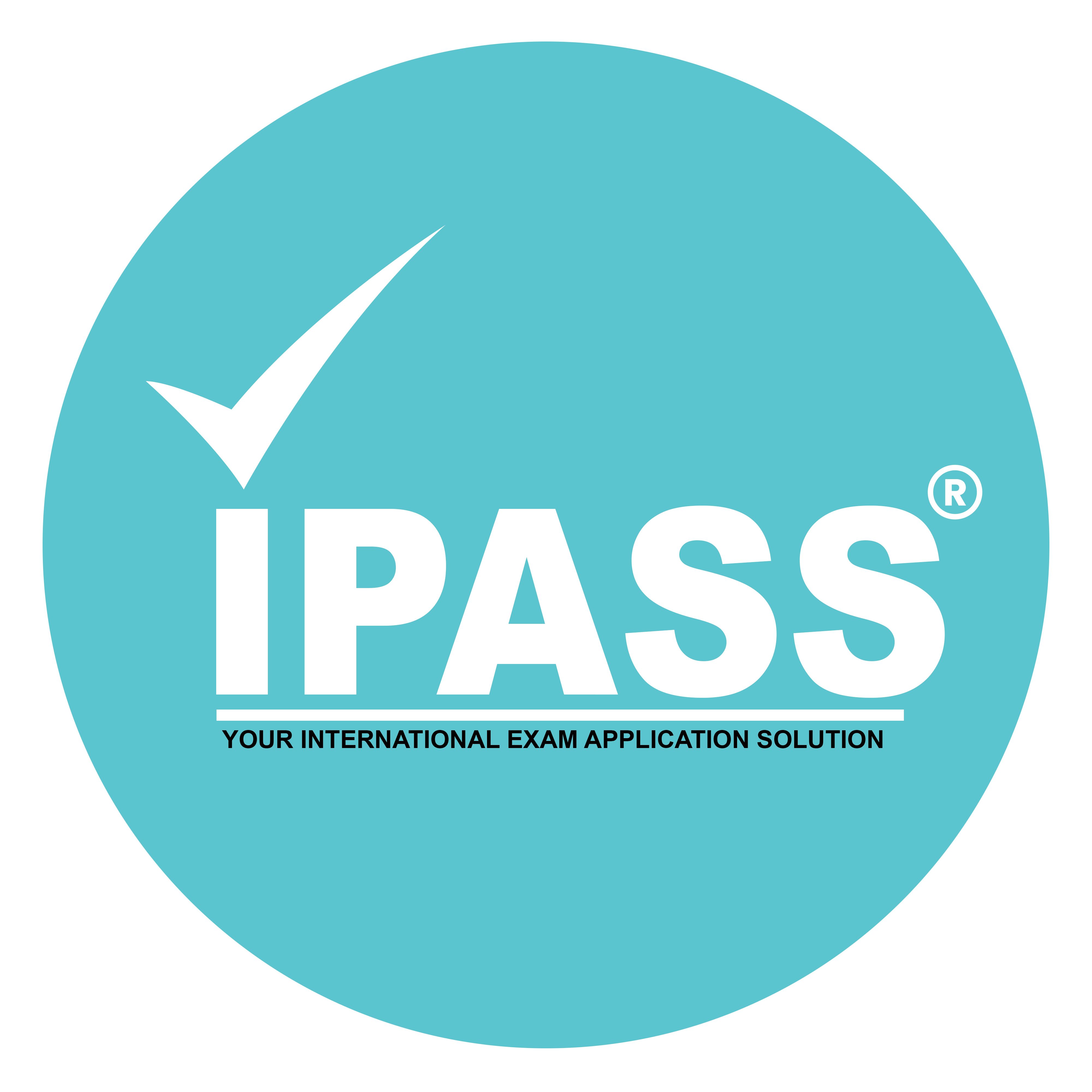



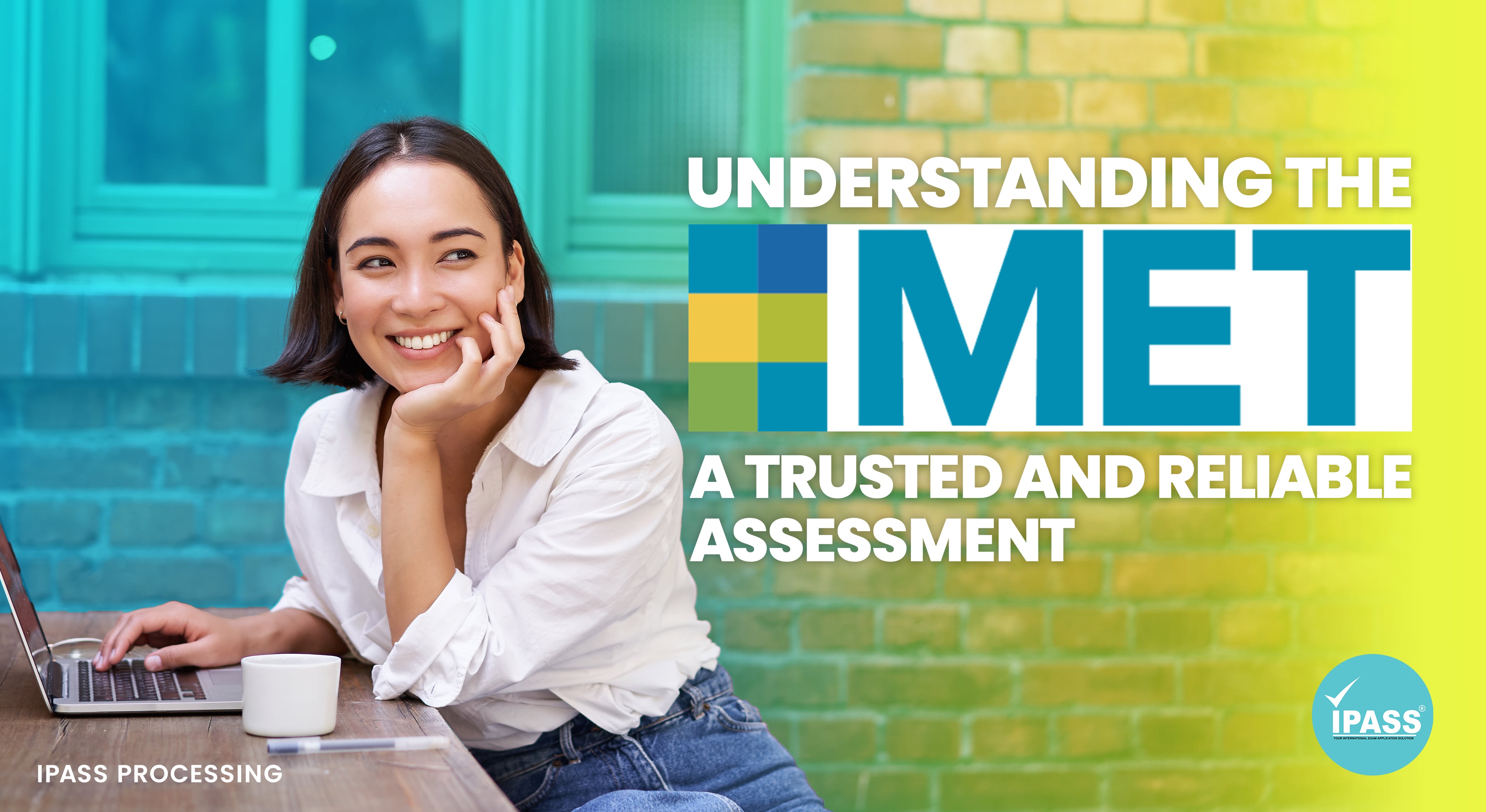


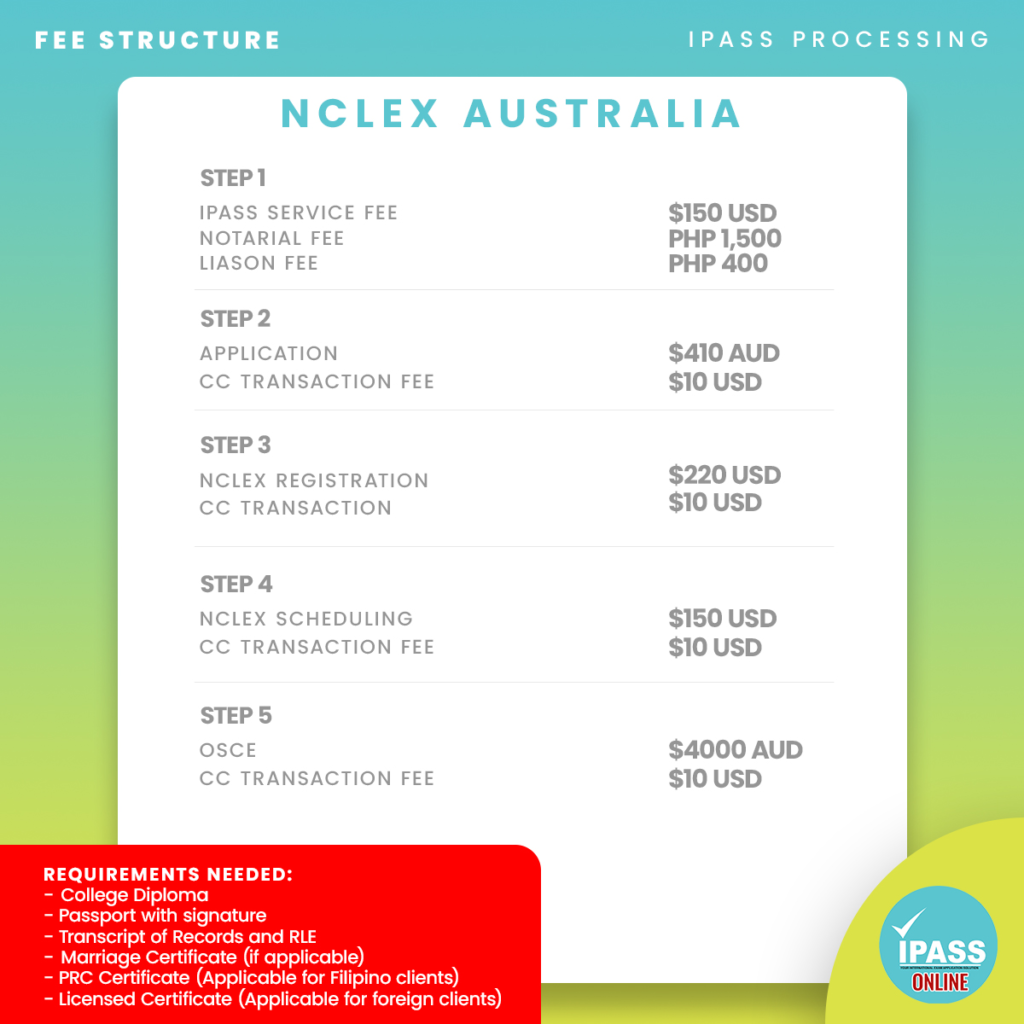
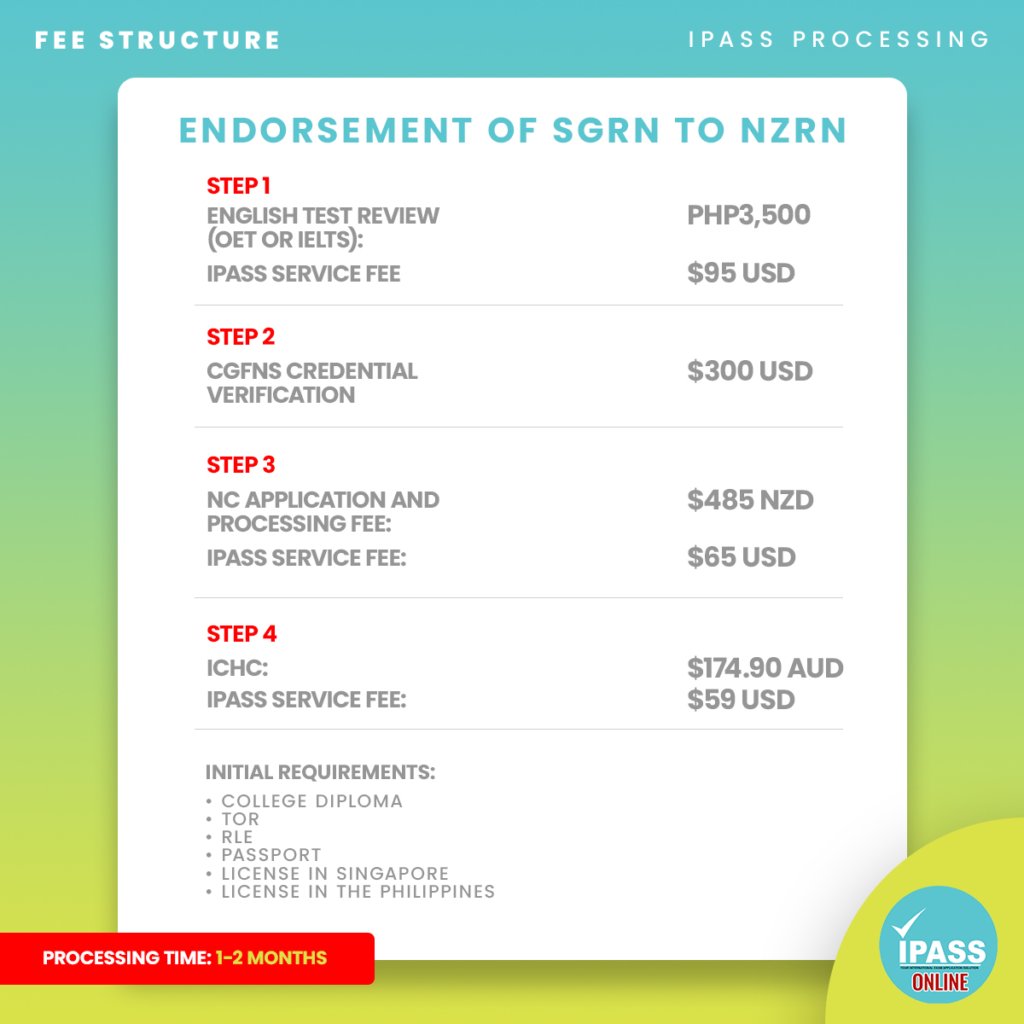
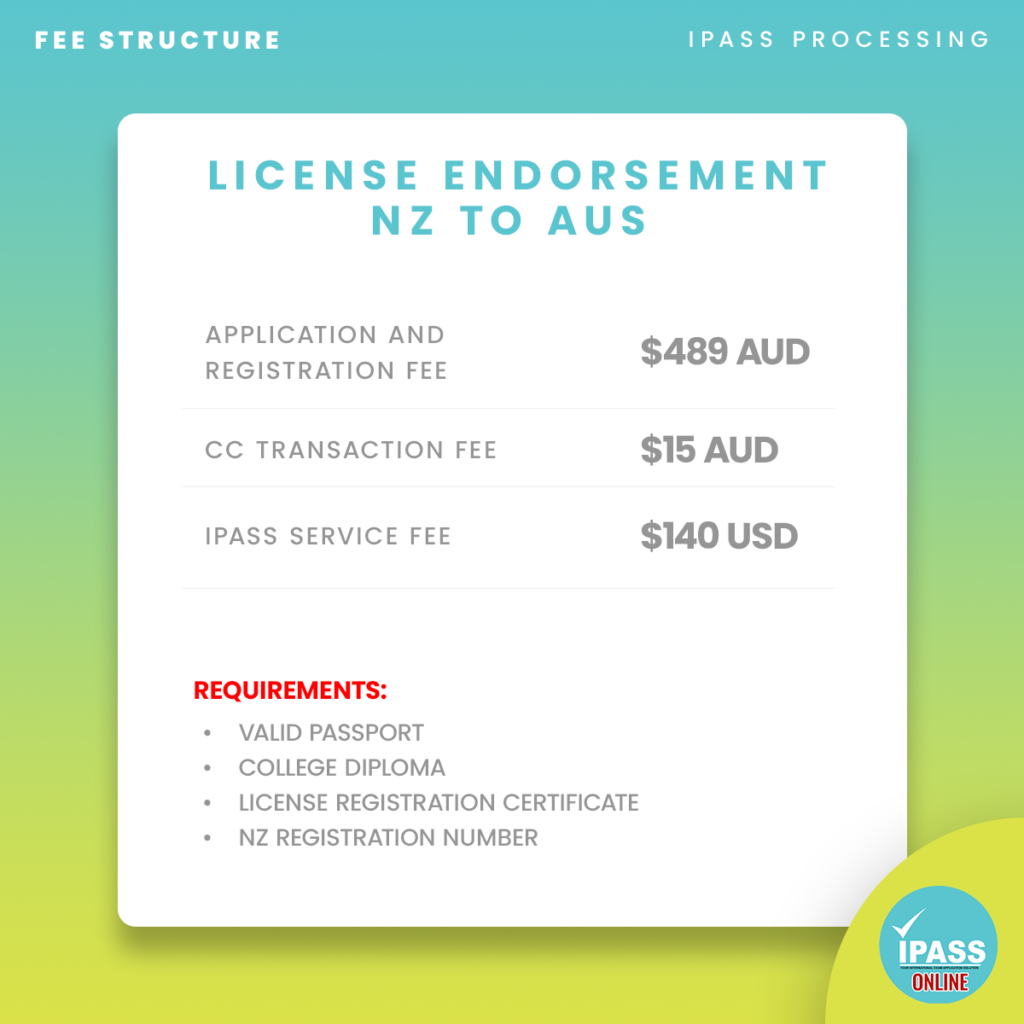
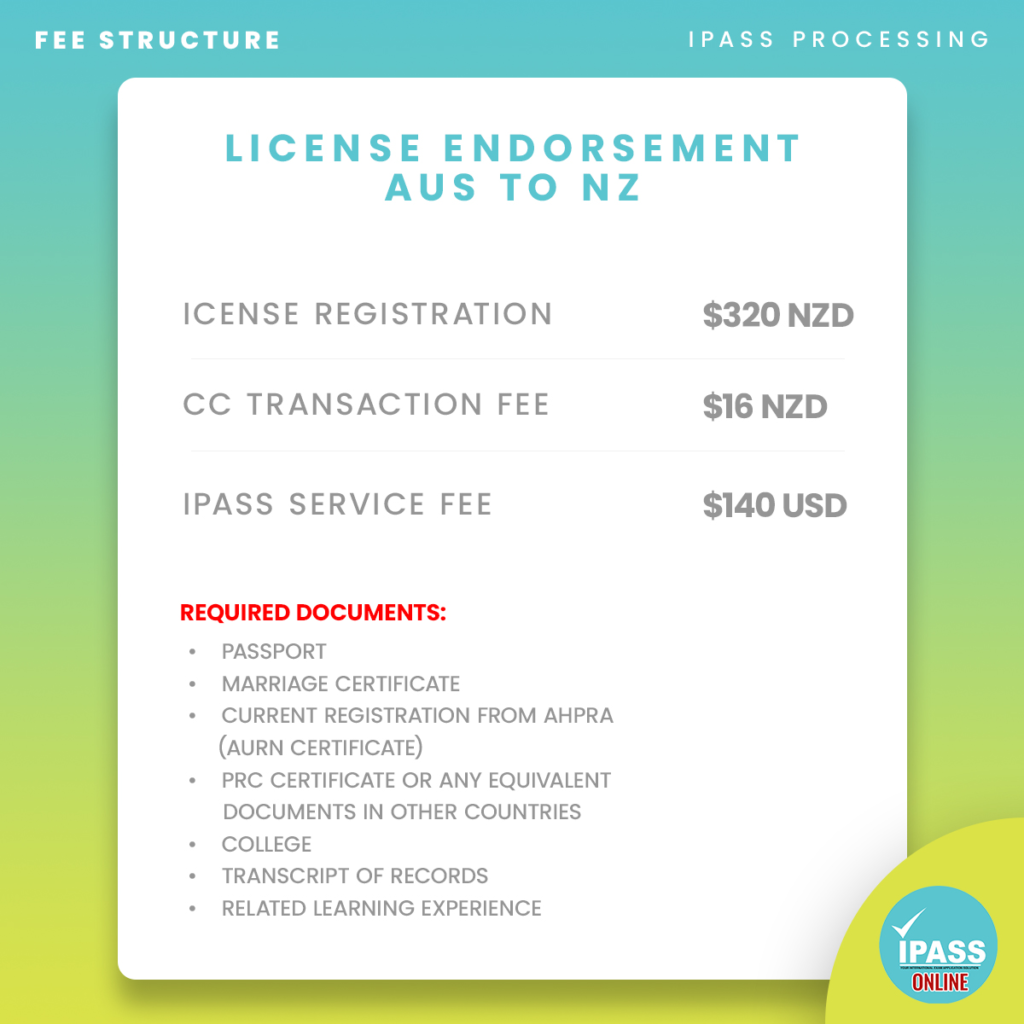
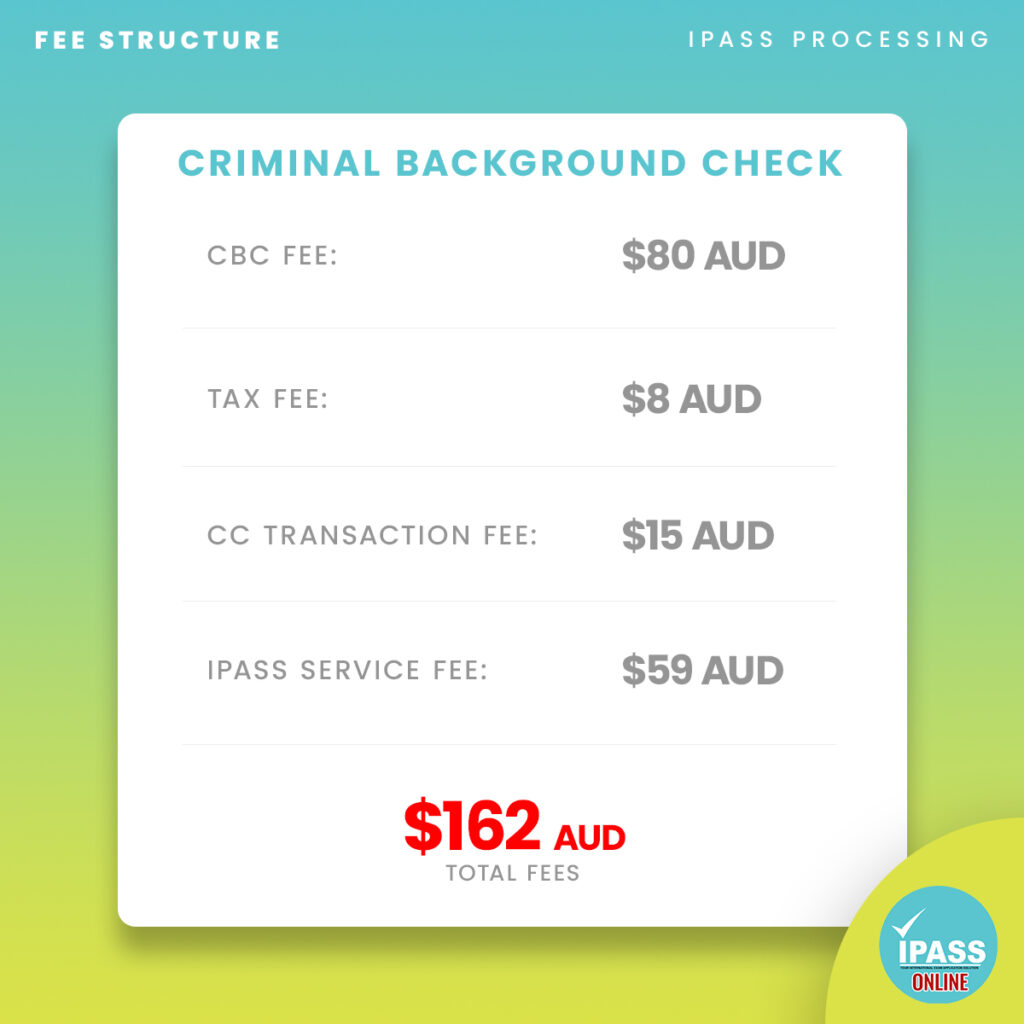
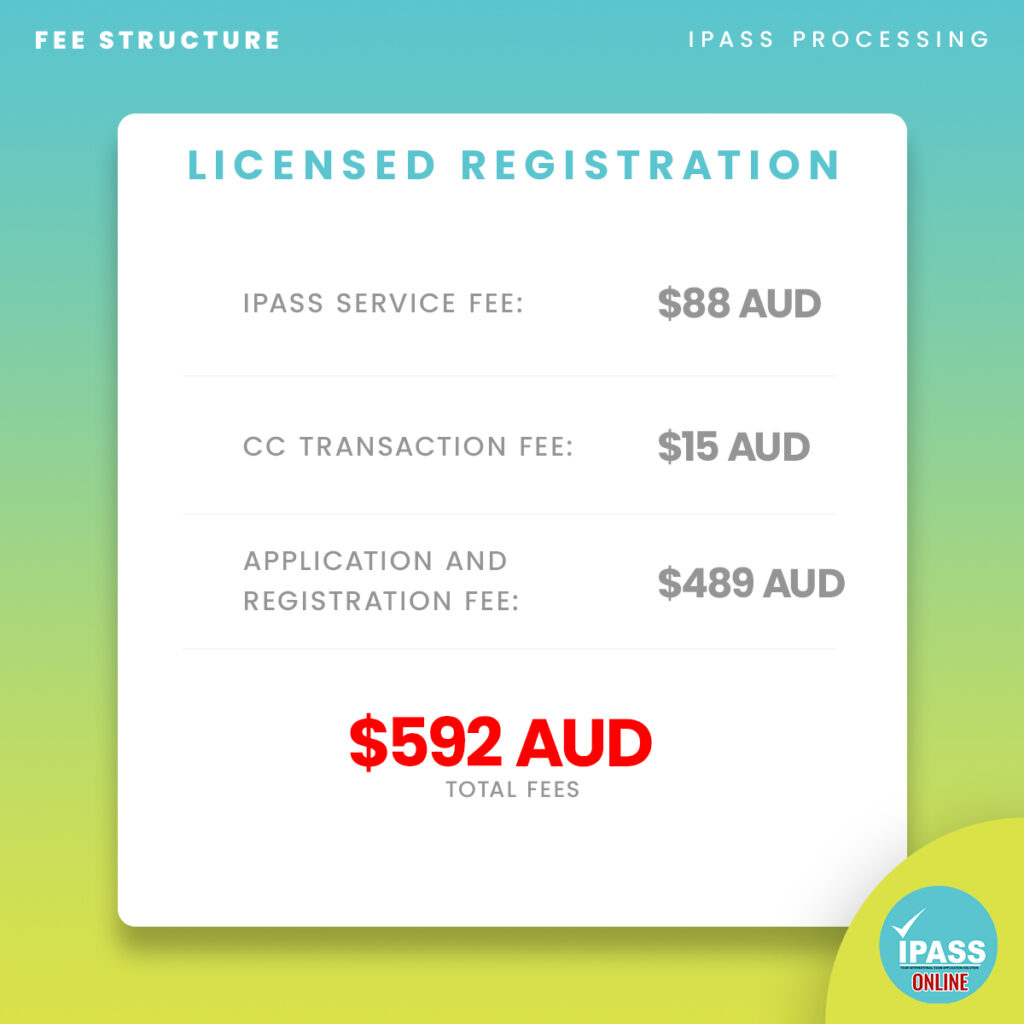
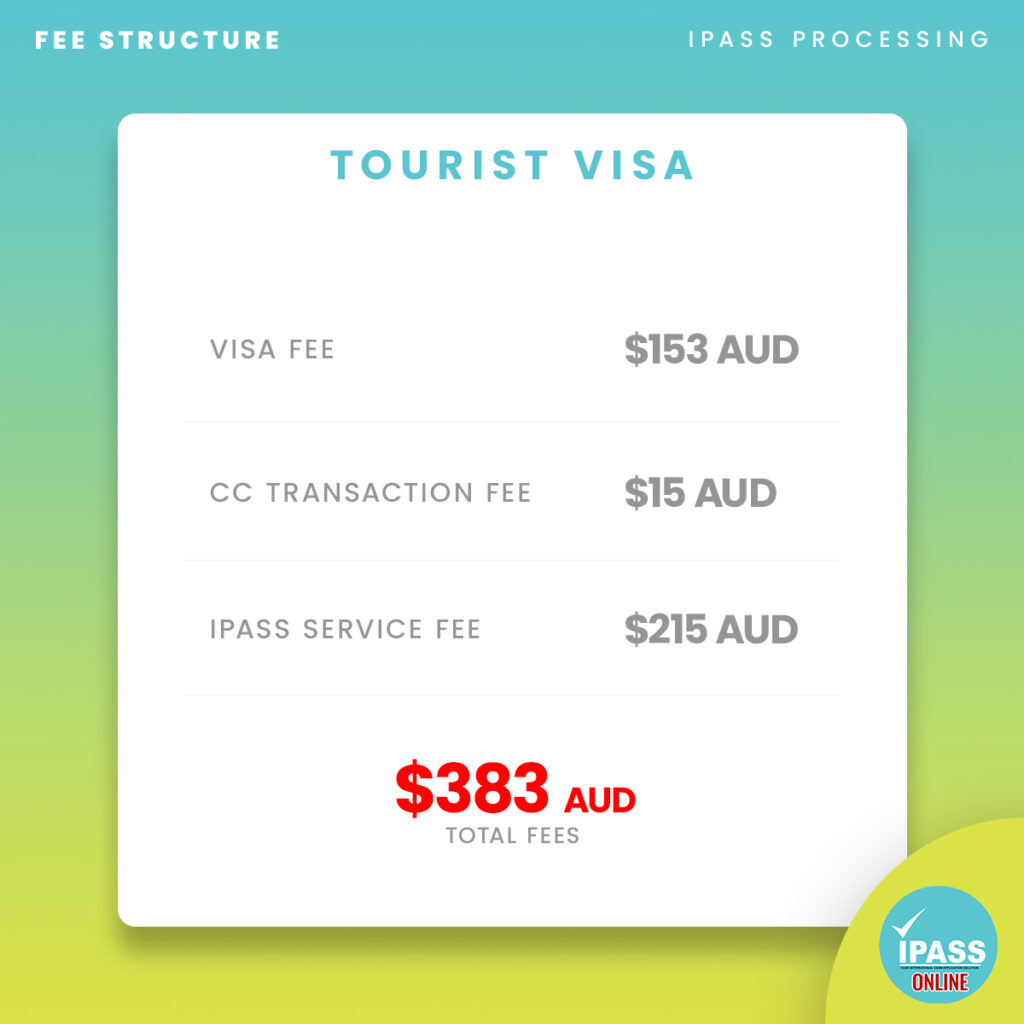
No Comments